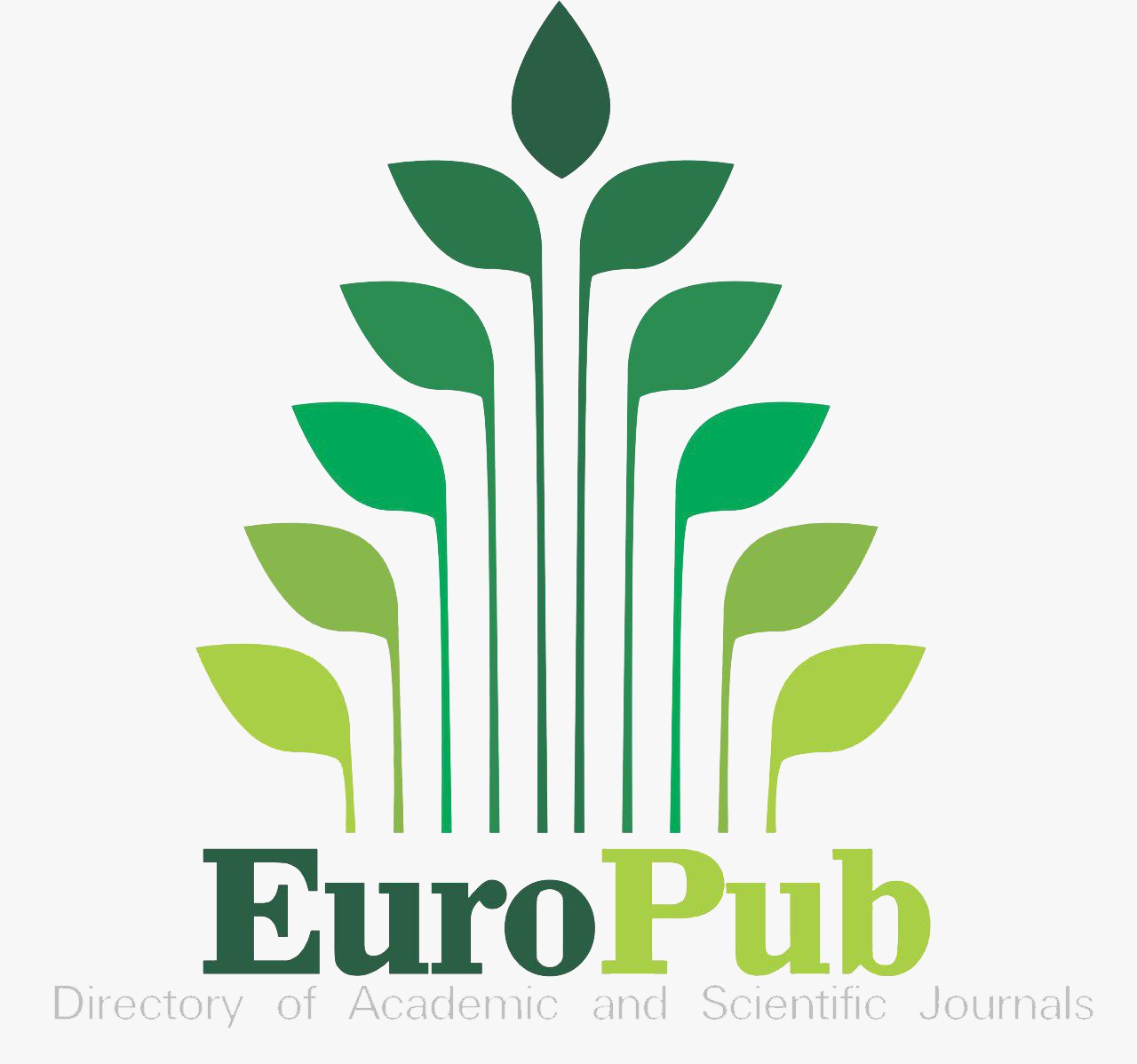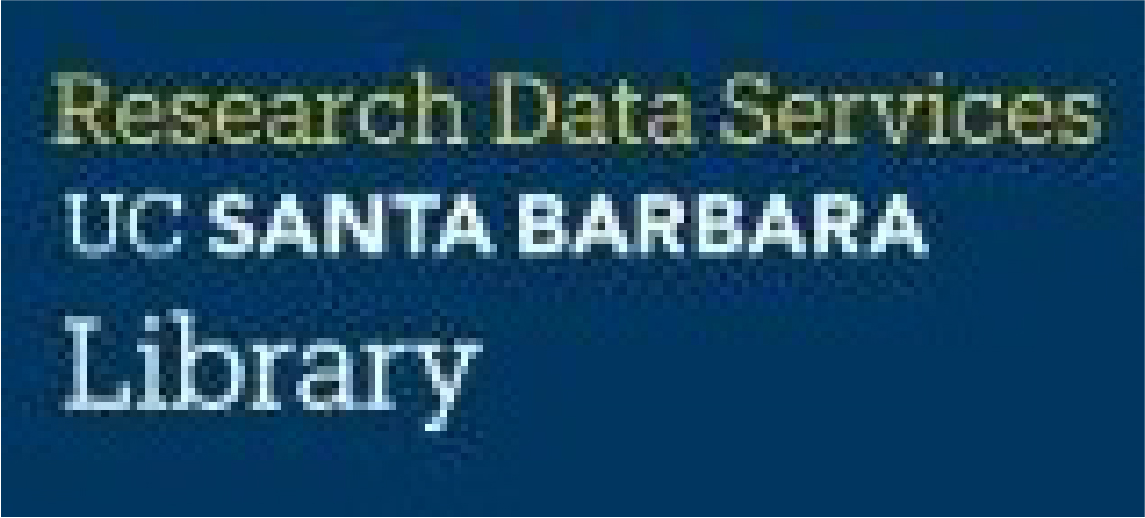IMPACT OF ACTIVE METHODOLOGIES ON THE ACADEMIC PERFORMANCE OF THIRD AND FOURTH GRADE STUDENTS: A COMPARATIVE ANALYSIS OF TEACHING APPROACHES.
DOI:
https://doi.org/10.56219/dialctica.v1i26.4393Keywords:
Active methodologies, pedagogical approaches, academic performance, primary educationAbstract
This essay analyzes the impact of active learning methodologies on the academic performance of third- and fourth-grade students based on a critical and comparative review of national and international research. It begins with the recognition of the growing demand for student-centered pedagogical approaches, in the face of the persistence of traditional practices that limit participation, autonomy, and academic motivation. Through a dialectical analysis, it presents findings from qualitative, quantitative, mixed-method, and meta-analytic studies that demonstrate how strategies such as project-based learning, the flipped classroom, and collaborative work positively impact comprehension, academic performance, and the development of cognitive, social, and emotional competencies. It also examines research that, while not denying the effectiveness of these methodologies, demonstrates the need to value dimensions of learning that are not always captured by traditional assessment systems. The essay concludes with a teaching proposal that sets out clear objectives, theoretical foundations, concrete activities, and formative assessment mechanisms, aimed at transforming teaching practice from a critical and contextualized perspective. It reaffirms that active methodologies should not be considered a pedagogical fad, but rather an ethical and necessary path to consolidating a more inclusive, meaningful education aligned with current challenges.
Downloads
References
Ausubel, D. (1983). Teoría del aprendizaje significativo. Fascículos de CEIF, 1(1-10), 1-10.
Avilés, J. (2010). Éxito escolar y ciberbullying. Boletín de psicología, 98, 73-85.
Bonwell, C. C., & Eison, J. A. (1991). Active learning: Creating excitement in the classroom. 1991 ASHE-ERIC higher education reports. ERIC. https://eric.ed.gov/?id=ED336049
Defaz, M. (2020). Metodologías activas en el proceso enseñanza-aprendizaje.(Revisión). Roca: Revista Científico-Educaciones de la provincia de Granma, 16(1), 463-472.
Dewey, J., Beltrán, J., & Beltrán, F. (1997). Mi credo pedagógico. Universidad de León. https://derecho.aulavirtual.unc.edu.ar/pluginfile.php/280664/mod_resource/content/1/Dewey_Mi_credo_Pedagogico.pdf
Fernández, A. (2006). Metodologías activas para la formación de competencias. Educatio Siglo XXI, 24, 35-56.
Freeman, S., Eddy, S. L., McDonough, M., Smith, M. K., Okoroafor, N., Jordt, H., & Wenderoth, M. P. (2014). Active learning increases student performance in science, engineering, and mathematics. Proceedings of the National Academy of Sciences, 111(23), 8410-8415. https://doi.org/10.1073/pnas.1319030111 DOI: https://doi.org/10.1073/pnas.1319030111
Gómez, J. (2013). El aprendizaje experiencial. https://colegiorodriguezalberto.com/wp-content/uploads/2022/05/APRENDIZAJE-EXPERIENCIAL.pdf
Hattie, J. (2008). Visible learning: A synthesis of over 800 meta-analyses relating to achievement. routledge. https://www.taylorfrancis.com/books/mono/10.4324/9780203887332/visible-learning-john-hattie
Miranda, R., & Choez, C. (2024). Impacto de las metodologías activas en el rendimiento académico y la motivación de los estudiantes: Una revisión sistemática de la literatura. Revista Científica Multidisciplinar G-ner@ndo, 5(2), 10. DOI: https://doi.org/10.60100/rcmg.v5i2.305
Moreira, M. (2000). Aprendizaje significativo. Editora da UnB, Brasilia. https://www.if.ufrgs.br/public/tapf/tapf_v30n3.pdf
Muntaner, J., Pinya, C., & Mut, B. (2020). El impacto de las metodologías activas en los resultados académicos. https://doi.org/10.30827/profesorado.v24i1.8846 DOI: https://doi.org/10.30827/profesorado.v24i1.8846
Silberman, M. (1998). Aprendizaje activo. Editorial Pax México. https://books.google.es/books?hl=es&lr=&id=TQ9E_xjDtnoC&oi=fnd&pg=PA2&dq=aprendizaje+activo&ots=YzIv2bhvGH&sig=IXLP7npD-IzIs3QjuzMWmiuKf9k
Silva, J., & Maturana, D. (2017). Una propuesta de modelo para introducir metodologías activas en educación superior. Innovación educativa (México, DF), 17(73), 117-131.
Solas, J., Suárez, S., Martínez, T., & Ruiz, A. (2023). Aprendizaje Basado en Juegos como metodología activa en la etapa de Educación Primaria. Wanceulen SL. https://books.google.es/books?hl=es&lr=&id=yNfBEAAAQBAJ&oi=fnd&pg=PA5&dq=La+metodolog%C3%ADa+activa+en+la+ense%C3%B1anza+primaria&ots=XqR9fjr5gN&sig=EdI5Nd8af__eR7ZX27CYsB37tko
Vygotsky, L., & Cole, M. (1978). Mind in society: Development of higher psychological processes. Harvard university press. https://books.google.es/books?hl=es&lr=&id=RxjjUefze_oC&oi=fnd&pg=PA1&dq=Mind+in+Society:+The+Development+of+Higher+Psychological+Processes&ots=okw1W1o5cu&sig=6CMVdlAXfoU4cceF3RuULAlbKFc
Downloads
Published
How to Cite
Issue
Section
License

This work is licensed under a Creative Commons Attribution-NonCommercial-ShareAlike 4.0 International License.
La revista Dialéctica conserva los derechos patrimoniales (copyright) de las obras publicadas, que favorece y permite la reutilización de los mismos bajo la licencia Creative Commons Atribución-NoComercial-CompartirIgual 4.0 , por lo cual se pueden copiar, usar, difundir, transmitir y exponer públicamente, siempre que se cite la autoría y fuente original de su publicación (revista, editorial, URL y DOI de la obra), no se usen para fines comerciales u onerosos y se mencione la existencia y especificaciones de esta licencia de uso. Si remezcla, transforma o crea a partir del material, debe distribuir su contribución bajo la misma licencia del original.















